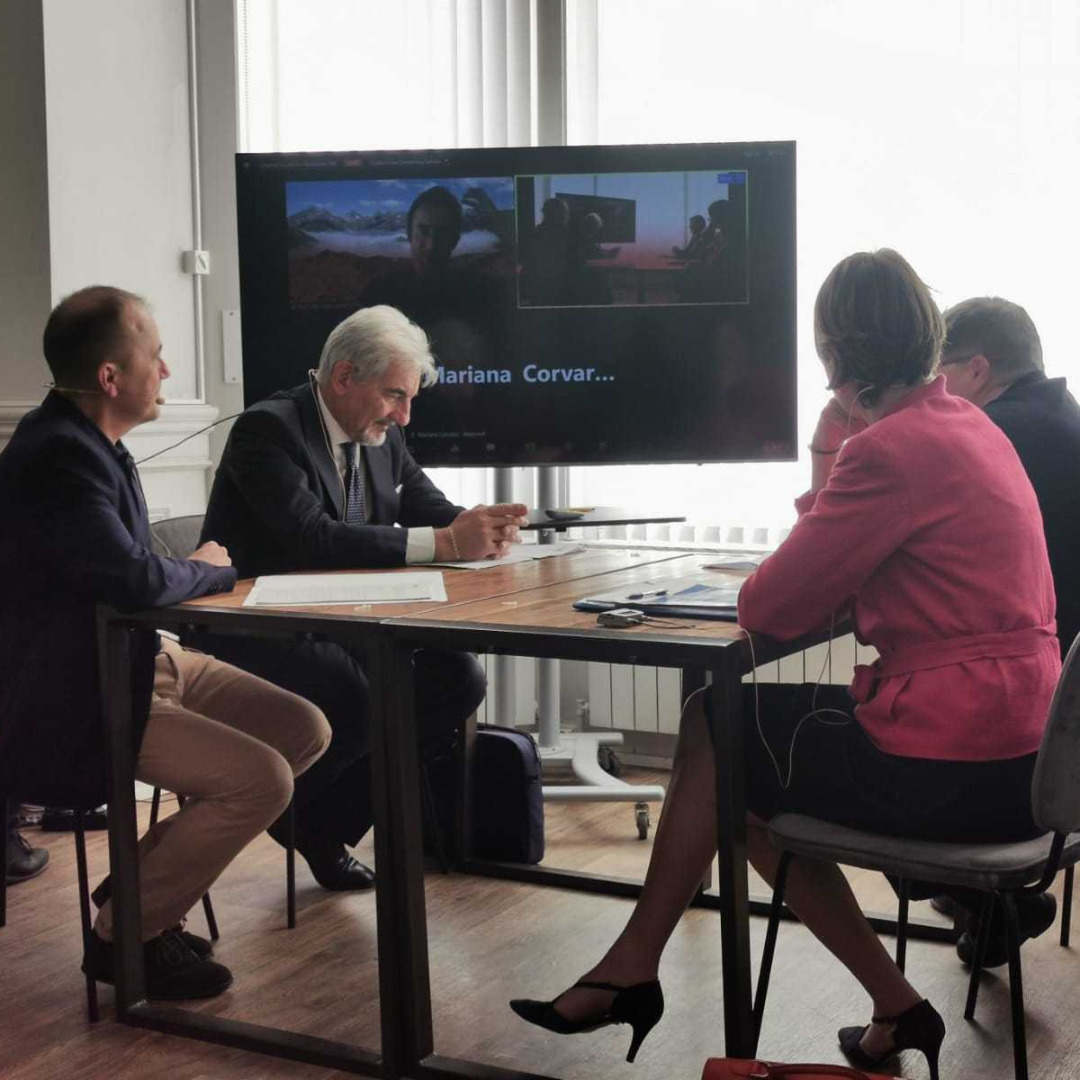MAIA Project’s 2nd Policy Roundtable Emphasizes Transborder Collaboration for Climate Adaptation Innovation

The recent MAIA Project’s 2nd Policy Roundtable, held alongside the 21st European Week of Cities and Regions in Brussels, brought together key figures advocating for effective climate change adaptation. Esteemed speakers included representatives from the European Commission’s DG ECFIN.B, the Lombardy Region, and experts from Vitoria-Gasteiz, Occitanie, and the Pyrenean Climate Change Observatory.
These influential voices emphasized the urgency of adaptation strategies tailored to regional characteristics.
Key messages
During the discussions, Ms. Géraldine Mahieu, Director DG ECFIN.B, stressed the economic implications of climate change, urging for improved data and collaborative action between public and private sectors to make informed decisions regarding climate-related challenges.
Mr. Raffaele Cattaneo, Undersecretary for International and European Relations, Lombardy Region, underscored the urgency of tailored adaptation policies at the regional level. He advocated for concrete actions, lessons sharing, and cross-border collaboration to effectively address climate-related adversities.
Mr. Simon Moulines, Mission Director at Occitanie, acknowledged regional challenges in adapting to climate change. He highlighted the role of the public sector and stressed the significance of shared experiences among regions as pivotal in developing effective adaptation strategies.
Mr. Juan Terrádez Mas, Project Manager at Pyrenean Climate Change Observatory, emphasized the critical need for cooperation to address climate change impacts. He spotlighted the importance of networks like the OPCC in uniting stakeholders for climate action in the Pyrenees region.
Meanwhile, Mr. Aitor Zulueta, Director of the Center for Environmental Studies, Vitoria-Gasteiz, showcased the city’s commitment to comprehensive climate action through diverse projects across sectors. He emphasized Vitoria-Gasteiz’s multifaceted approach to climate resilience.
The discussions revolved around multilevel governance, advocating for a shift in approach, and emphasizing collaborative efforts to effectively combat the multifaceted challenges posed by climate change. The conclusion strongly urged a move from deliberation to action to address the cross-cutting impacts of climate change across diverse regions.
The insights shared by these influential speakers underscored the vital role of collaboration, knowledge sharing, and innovative approaches in devising resilient strategies against the multifaceted impact of climate change.

(0) Comments
There is no content